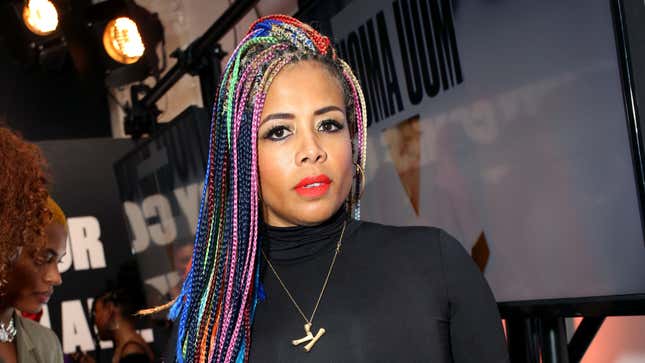Kelis Opens Up About 'Being Assaulted From a Business Perspective' and 'Being Assaulted in the Home'
Entertainment

Nearly two decades after Kelis’s song“Milkshake” became ubiquitous, the alt-R&B singer lives on a farm in rural Southern California. She is now a Cordon Bleu-trained chef and aims to one day open a farm-to-table restaurant using the produce she grows. As she describes it in a new, fascinating profile in The Guardian, her personal life is about as far removed from the music industry as an artist can get, and with good reason. Like many young musicians—especially young women artists of color—she was routinely taken advantage of and abused: financially, emotionally, even physically.
In the article, Kelis claims that she didn’t make any money off her first two albums, 1999’s Kaleidoscope and 2001’s Wanderland, despite the fact that the former sold 250,000 units in the U.S., alone, by 2006. (The Neptunes, Pharrell and Chad Hugo, produced both.)
-

-

-

-

-

-

-

-

-

-

-

-

-

-

-

-

-

-

-

-

-

-

-

-

-

-

-

-

-

-

-

-

-

-

-

-

-

-

-

-








































